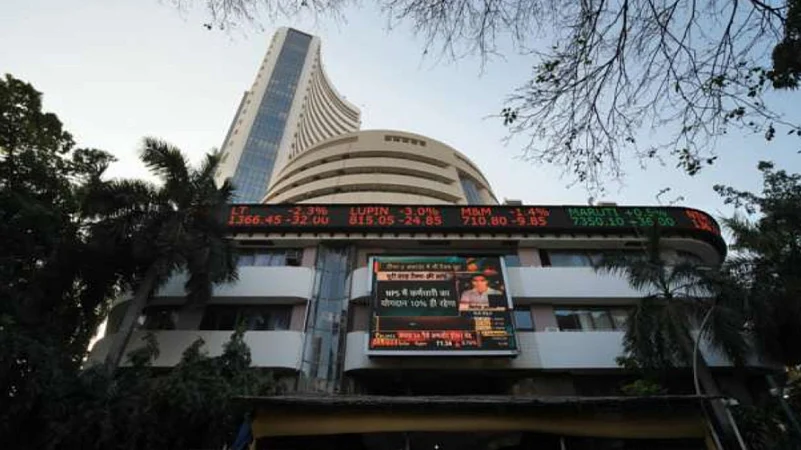
Summary of this article
The current week is expected to be a truncated one, with the market remaining closed on August 27 on the occasion of Ganesh Chaturthi
The trading holiday on August 27 is the second trading holiday in the month of August.
A truncated trading week typically leads to an increase in volatility.
Ganesh Chaturthi 2025: The headline indices have started the week on a positive note, the 30-share Sensex finished at 81,635.91 up by 329.05 points or 0.4 per cent and the Nifty 50 ended the session at 24,967.75 up by 97.65 points or 0.39 per cent. The indices gained amid strong cues. The current week is expected to be a truncated one, with the market remaining closed on August 27 on the occasion of Ganesh Chaturthi.
No trading activity will take place on the stock market on August 27 with the BSE and the NSE remaining closed. No commodity trading will take place on August 27 as the Multi Commodity Exchange (MCX) will also remain closed. Trading will remain closed across segments such as:
Equity & Equity Derivatives
Currency Derivatives
Interest Rate Derivatives
Securities Lending and Borrowing (SLB)
Electronic Gold Receipts (EGR)
NSE Holidays In 2025
Notably, the trading holiday on August 27 is the second trading holiday in the month of August. Earlier on August 15, the BSE and NSE were closed for the celebration of the 79th Independence Day. While there are no stock market holidays in the month of September apart from the weekly holidays, the market will remain closed for multiple days in the months of October, November and December. On October 2, the stock market will remain closed on the occasion of Gandhi Jayanti and Dussehra. On October 21, the market will remain closed on the occasion of Diwali, and on October 22, the market will remain closed on the occasion of Balipratipada. D-street will remain closed on the occasion of Prakash Gurpurb Sri Guru Nanak Dev on November 5 and on December 25 for the celebration of Christmas.
Volatility In Truncated Trading Weeks
Trading activity is set to resume on Thursday, August 28 resulting in four trading days this week. A truncated trading week typically leads to an increase in volatility. On August 25 the India VIX index closed higher by 0.25 per cent. The India VIX is an indicator of volatility in the market and increase in the VIX indicates a surge in volatility.
Volatility tends to rise in truncated trading weeks because of a combination of factors which restrict market activity and increase the impact of news. One of the major reasons for an increase in volatility is reduced liquidity. A lower number of trading days than normal increases the chances of overall trading volume declining. Amid this lower liquidity, a single big trade or a surge in buying or selling activity can have an amplified impact on stock prices, resulting in wide price swings and high volatility.
Additionally, a holiday in the middle of the week also results in a bottleneck in the regular flow of information, which can potentially affect the way the market moves. Thus, news which would have continued to have an effect on prices over the course of 7 days gets compressed into a shorter time period. This leads to a situation in which the market reacts to multiple corporate announcements or geopolitical events in a shorter span of time, leading to sharp price reactions and heightening volatility.
Investors should avoid making large and aggressive bets as a truncated week is prone to false breakouts and breakdowns due to low volume. Thus its advisable to to wait for a clear trend to establish itself after the holiday. Additionally investors should avoid panicking and selling their holdings and abstain from emotional trading and stick to their long-term investment plan.















